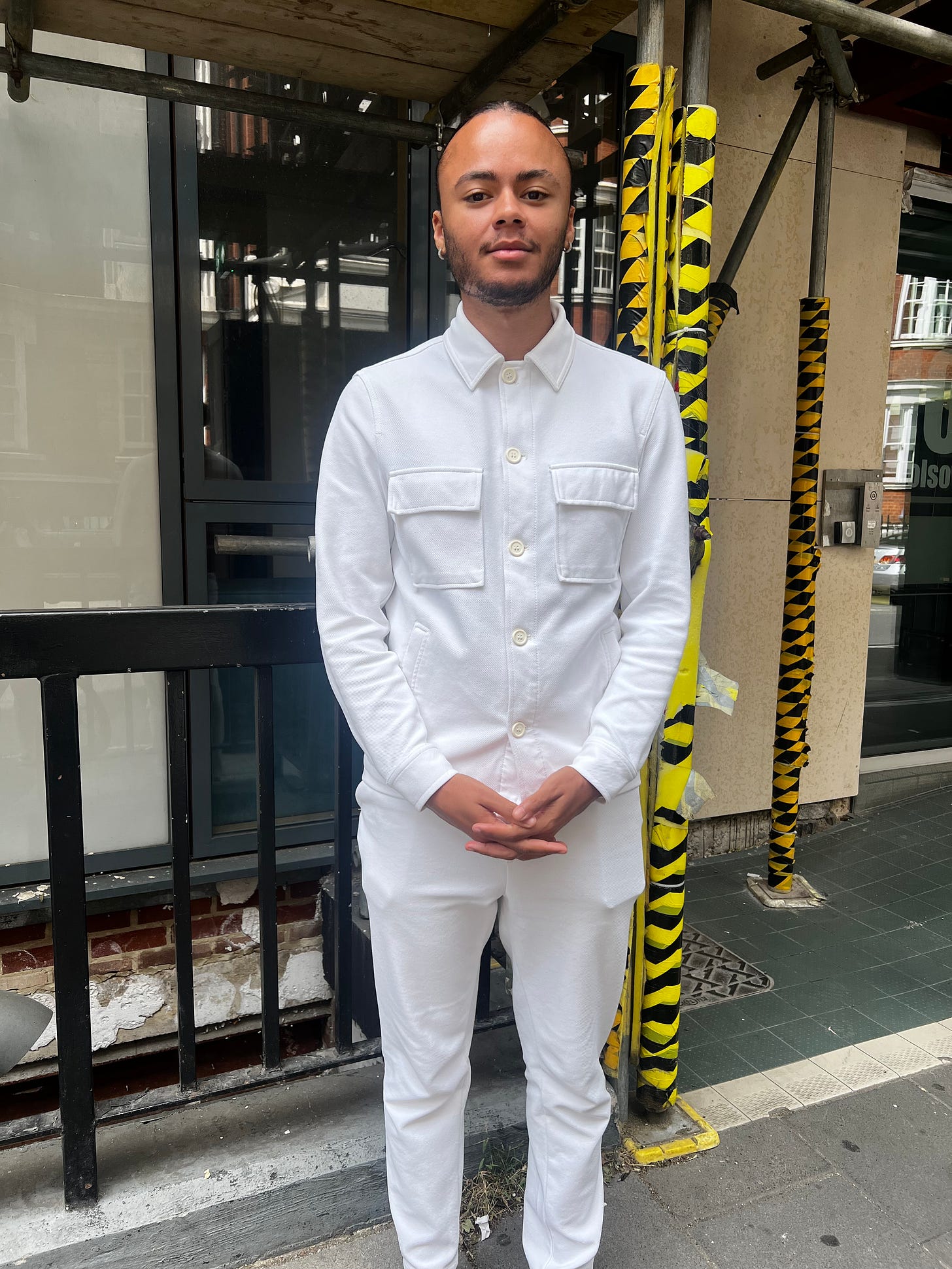Kwajo Tweneboa: “Everybody’s entitled to an opinion, but I don’t have to listen to it”
The campaigner on the ‘white mum’ narrative, having thick skin and an accepting world
Hi, welcome back to Mixed Messages! This week I’m speaking to housing campaigner Kwajo Tweneboa, who is of mixed Ghanaian and Irish heritage. Kwajo is an incredible force for change, fighting for improvements in social housing. He creates tangible change by working with the government, charities and other organisations, and continued his work with the C…


